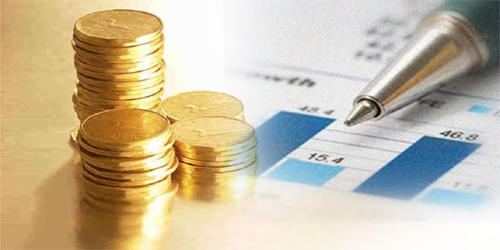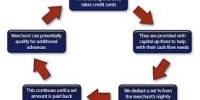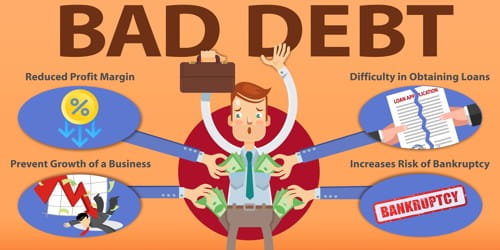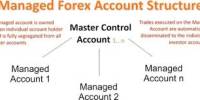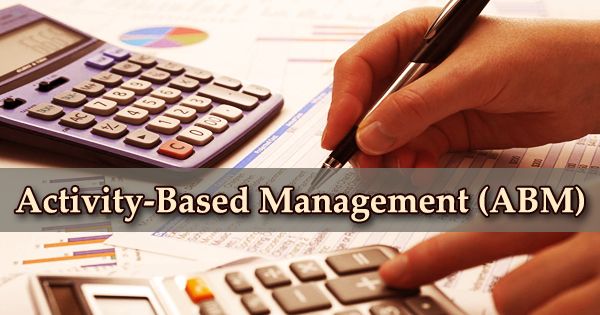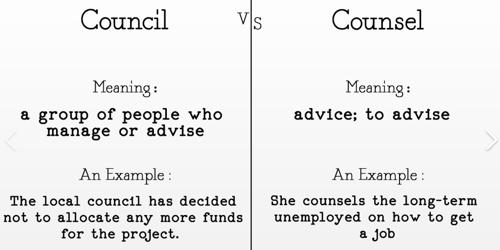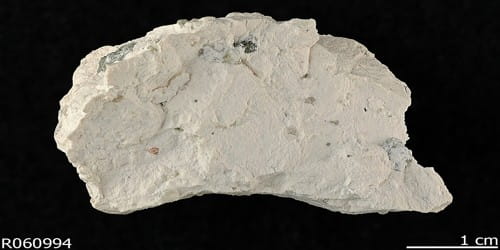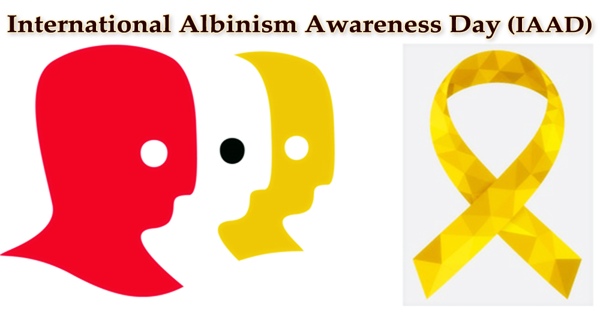The cash market or spot market is a public financial market in which financial instruments or commodities are traded for immediate delivery. It is a marketplace in which the commodities or securities purchased are paid for and received at the point of sale. It contrasts with a futures market, in which delivery is due at a later date. It is a public financial market. In this market, traders buy and sell commodities or financial instruments for immediate delivery. Cash markets are also known as spot markets because their transactions are settled “on the spot.” Stock exchanges are primarily cash markets because shares are exchanged for cash at the point of sale. The purchases are settled in cash at the current prices fixed by the market as opposed to the price at the time of distribution.
Types –
- Exchange – It is also called an organized market where the security or commodity is traded on an exchange using and changing the current market price.
- Over the counter (OTC) – In OTC, the trades are based on contracts that are done openly between two parties, and not subject to the guidelines of an exchange.
In a cash market, a settlement normally happens in T+2 working days, i.e., delivery of cash and commodity must be done after two working days of the trade date. Settlement occurs within up to two working days in a cash market. In other words, you must pay cash and receive your purchase within two days of the trade date. A cash market can be through an exchange or over-the-counter (OTC). The price of a commodity in the cash market is typically less than its futures market price. An example of this market commodity that is often sold is crude oil. It is sold at the existing prices and physically supplied later.
Cash markets can operate wherever the infrastructure exists to conduct the transaction. The carrying costs make it more expensive in a futures market. It is commonly used in commodities trading to differentiate transactions involving immediate or nearly immediate delivery from transactions requiring delivery at a future time. This financial instrument doesn’t have a centralized meeting place. Instead, transactions occur over a computer system or the telephone. Insurance and storage are examples of carrying costs. Some examples of commodities are grains, gold, oil, electricity, and natural gas. Technology has entered the market with commodities such as mobile minutes and bandwidth.
